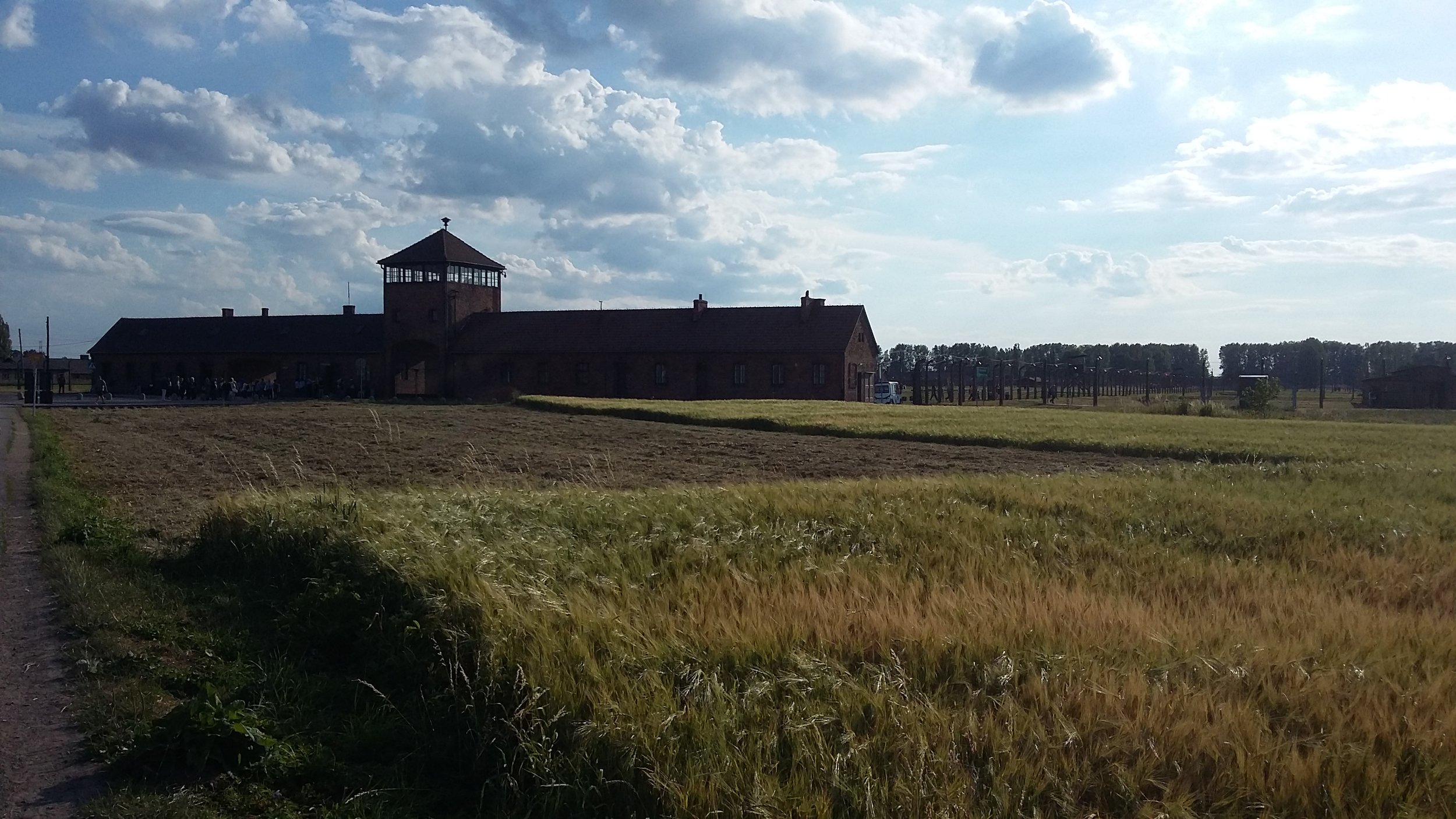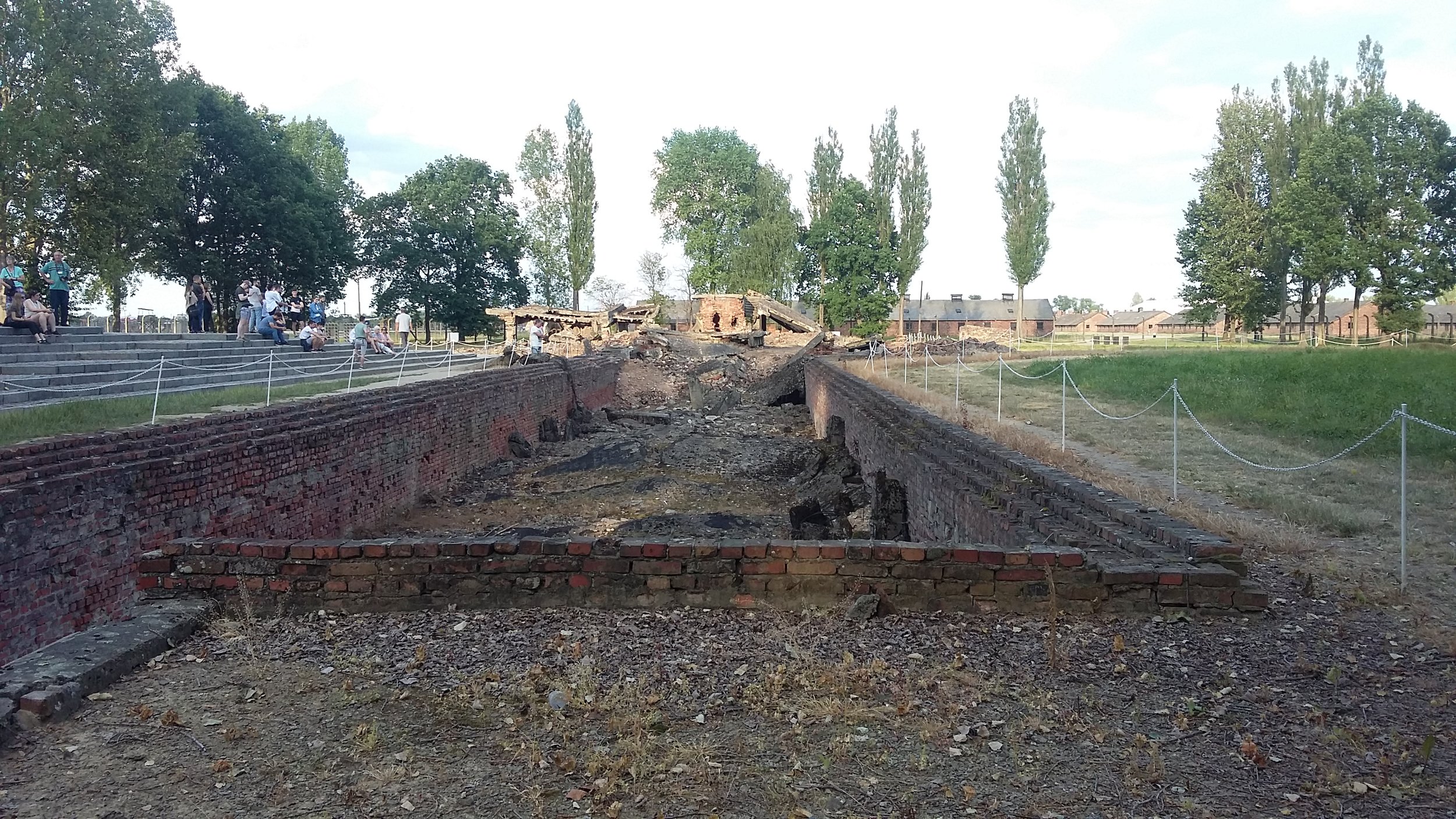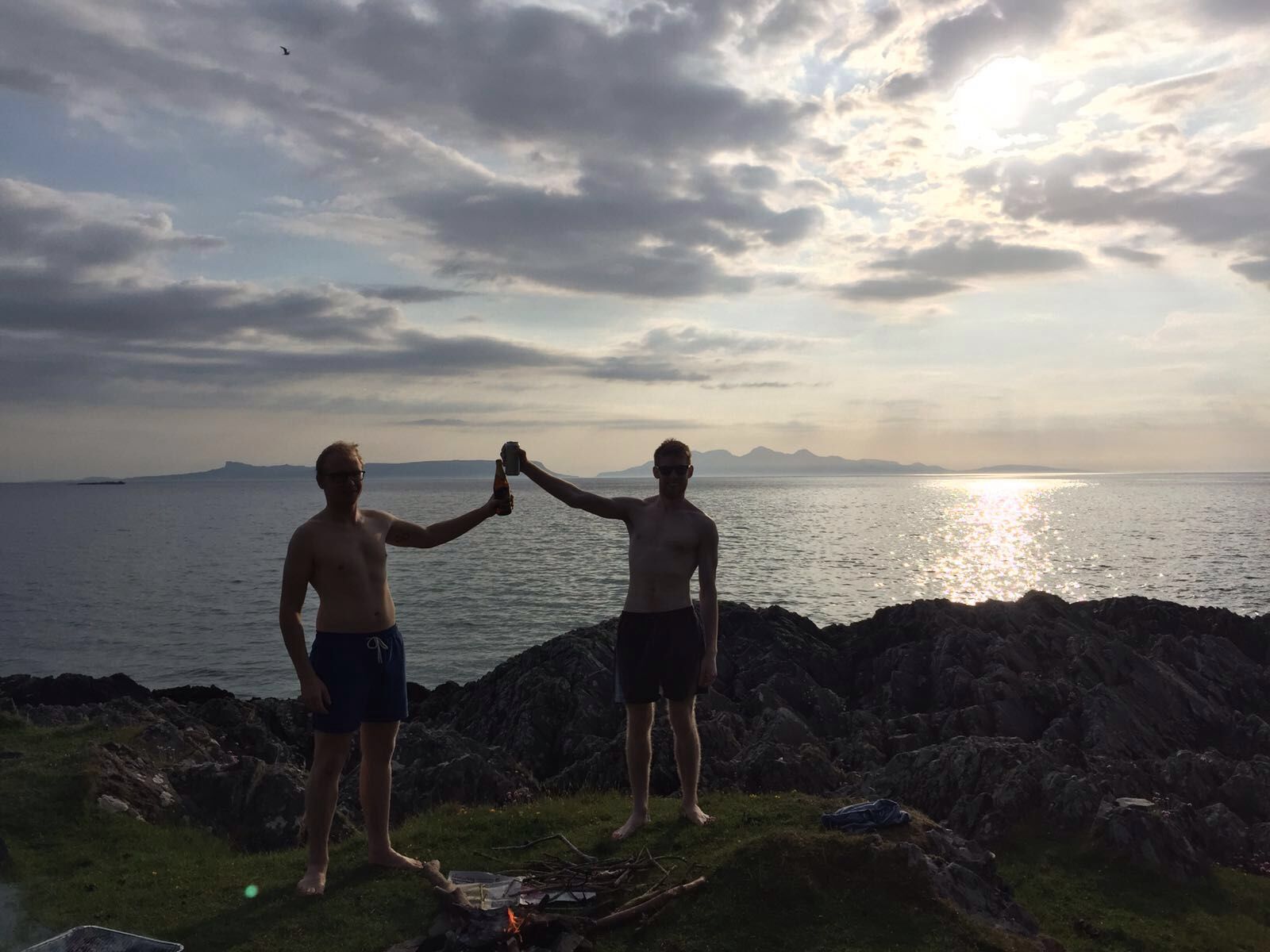The Incredible European Weekend City Break That You Never Knew About
Brno, Czech Republic • July 2017 • Length of Read: 8 Minutes
Starter for ten: What is the second largest city in the Czech Republic, with approximately 400,000 inhabitants; is the historical capital city of Moravia; is included as a stop on the annual Moto GP circuit, and recognises noon at 11 am?
If you answered Brno to the above question, then congratulations, as that’s more than I knew as I found myself racing through the Czech countryside on a two-and-a-half train journey eastwards from Prague towards this fairy-tale city. I’d agreed to meet my old housemate Lukas for a weekend city break, and the only reason we’d chosen Brno as a destination was that it’s fairly equidistant between Prague, where I was situated at the time, and Vienna, my Austrian friend’s hometown. Little did I know then that I would fall completely in love with everything about the place in just a short two night’s visit.
Each year in Brno, the government sends out a survey questionnaire to the city’s residents asking them to identify what areas and aspects of the city they feel could be most improved. These responses are then analysed and used to democratically decide how to split the annual spending budget. As a result of the most recent answers, the main train station was closed for renovation, so I found myself disembarking just out of town at a smaller replacement station. Stepping down onto the platform and into the red warmth of the setting evening sun, I laughed at where I found myself. A vast expanse of nothingness lay before me; rolling fields covering the landscape like crumpled bed sheets and not a building in sight. There wasn’t even a bridge over, or a tunnel under, the two platforms, and we had to queue up until our train continued on its way towards the final destination of Budapest before being chaperoned across the tracks by a podgy uniformed female railway conductor; blowing her whistle with the authority of a referee at a football World Cup match. It was like when our train had reached 88 mph we’d time travelled back into the ages of horse-and-cart rural farming communities. Oh well, I was there now. Slinging my bag over my back, I mapped a route to Hostel Jacob, where I’d booked a bed for the evening, and set on my way.
Passing through the giant shopping mall that links the train station to Brno’s Old Town, I suddenly felt myself catapulted back to the present day; every large fashion and cosmetics brand seemingly having fought for retail space there. The hands on the large clock in the exit hall indicated that it was a hair after 7 pm, and as I entered the cobbled, tram-tracked, roads of the Old Town itself, it seemed like the whole city had come out to celebrate the end of the working week.
Lugging my bag across the main square, which actually forms the shape of a triangle, the colourful yellow, pink and white buildings bordering it ushered me into the heart of the city. The variety of architectural styles in Brno is a visible timeline of this city’s history, with communist-era blocks standing alongside grandiose buildings from the Habsburg Empire, modernist designs, and jaw dropping gothic cathedrals and churches. For being one of the most atheist countries in the world, the Czech Republic sure does have a large number of religious buildings; a reminder of the protestant and catholic eras the country went through in the twentieth century.
Continuing along, I found myself swerving around the hundreds of patrons spilling out into the street from the packed, quirky, bars. The al fresco summer drinking culture found in continental Europe is something that the British weather and alcohol temperament of its locals has never permitted. Brno has an extremely large student, and therefore young, population, and the variety of hipster cafes, restaurants, and pop-up drinking establishments found in the city is a testament to this. A makeshift fake-beach had been constructed in the main ‘triangle’; a Gatsby-themed cocktail bar stood on the next corner; and, as I rounded this into St. James Square, which my hostel overlooked, there was a beer stock exchange that would make any drinker feel like a would-be Wolf of Wall Street. It had eight beers on tap and the price of each changed every minute based on levels of consumption, with a NASDAQ-style board keeping track of the movements.
According to the friendly camp guy at the hostel reception, St. James Square never used to be that special. A few years ago, however, a bar called Standing Up opened on it and people began flocking to what was soon ranked the best pub in the whole of the Czech Republic. As he showed me to my room, violin music and the laughter of the crowds wafted through the open windows. Whereas in the rest of the city it is prohibited to drink in the street after 10 pm, the rules were relaxed for this particular spot, and you can buy beer and chill out on the kerbs or by the fountain with friends until the early hours of the morning without being hassled. I grinned. If they tried to do this in Scotland then a riot van and armed police would have to be waiting in anticipation of the trouble that would inevitably break out. Dumping my bag, I headed out for dinner and then joined them for a cold half-litre of micro-brewed beer.
I met Lukas in a museum café the following morning, and over a breakfast of Norwegian smoked salmon we caught up on life. It had been one year since I’d last seen him in Vienna, the events of which are depicted in my second book We Ordered a Panda, and in that time he’d quit his job as a lawyer; travelled through Asia; become a pizza delivery driver; applied for medical school, and found a love for beach volleyball. Brno’s residents proudly admit that they spend many hours sitting in cafes during the day, relaxing and people-watching. Many of them act as all-day hangouts and it’s not surprising to find concerts, improve-theatre shows, exhibitions, or even debates taking place in them from time to time.
Paying our check, we took a wander down to the main ‘triangle’ and the controversial Brno clock. A free walking tour of the city leaves from here on a daily basis at 11 am, or what is known locally as ‘Brno noon’. Called the ‘cock clock’ or ‘erection at the intersection’ by the locals, this piece of modern artwork is meant to be shaped like a black bullet, but everyone knows that it more resembles a giant twenty-foot high dildo. It is apparently a reference to the year 1645 when Brno was besieged by the Swedes. Legend has it that the Swedish general, Thorstenson, boasted that Brno would be conquered by noon otherwise his army would leave and fight elsewhere. Struggling against such a powerful army, the good people of Brno knew that they wouldn’t survive until then, so in an act of trickery rang the bells of Petrov Cathedral an hour early, at 11 am. The Swedes fell for this cunning trick and left, saving the city. The cock clock now stands on the ground where the cathedral used to be after it was demolished to put the tram network in place. The locals openly admit that they don’t really know how it works, either, but every New Year’s Eve they are given a chuckle when the phallus shape is wrapped in a huge condom-like cover to protect it from errant fireworks.
As our tour began, we were taught loads about the history of the region of Moravia, the city’s status under the Austro-Hungarian rule, and its political landscape. We were also quick to find out that the cock clock was not the only piece of thought-provoking artwork in the city, which went as far to include a giant oversized statue of Jost of Moravia on his horse complete with massive balls and penis. There were also several smoking pipes and traffic signs which, unless you were told that they were meant to do that, would appear to be definite safety risks. Instead of contacting the council, however, locals began ironically worshiping these as monuments and, according to some, they show that Brno’s dragon is, to this day, still resting in its underground lair. Wait, did you just say dragon? Yes, reader, that I did.
A long time ago (nobody really knows when) a dragon was brought into Brno by Crusaders. The beast decided to make the city its home and threatened the citizens and all of their livestock. As a result, merchants stopped coming to the city to sell and women stopped going to the market. Plans were made as to how the dragon could be killed, but nobody has the courage to actually do it. That is, until one day a butcher travelling through the region got very drunk at one of the bars and volunteered. Taking a sack made of sheep fur, the butcher filled it with lime and placed it down by the river where the dragon was most frequently spotted. It took the bait and, eating it, became so thirsty that it kept drinking until its stomach expanded with the lime inside and burst. With the beast killed, the citizens celebrated by having the dragon preserved and hung in the Old Town Hall. A replica still exists there, and one can’t help but see that the so called ‘dragon’ looks an awful like a giant crocodile.
Following our tour, Lukas and I thought that we better make up for our not-so-local breakfast by having a stodgy traditional Czech dinner. Taking a recommendation from our guide we went out of town to a place called Hostonec U Seminaru and, taking in the décor of interwar Czechoslovakia, we ordered up a feast of duck liver pate, sirloin in cream sauce with dumplings and cranberry, and pork slices with black beer and honey roasted potatoes. Washing down our food with Pilsner beers poured from tanks instead of barrels, I raised a glass to Lukas and thanked him for such a pleasant weekend.
“There’s still plenty of Brno to explore,” he said, smiling. “I’ll definitely be back here. And sooner rather than later.”
‘Likewise,” I nodded. “This city has completely captivated me. I just can’t understand why I’ve never been recommended to come here before. People need to know how awesome this place actually is.”




















